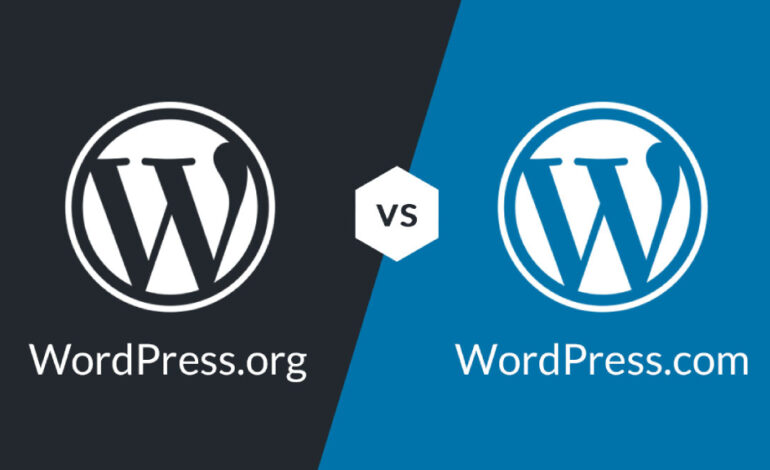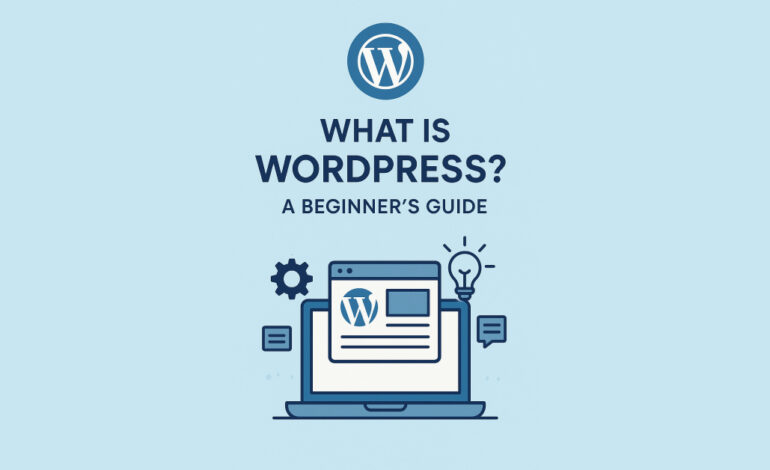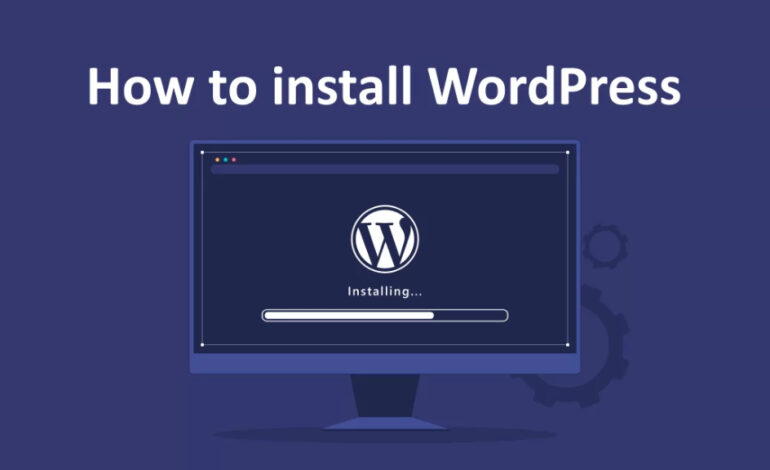
WordPress.org vs. WordPress.com: Key Differences
WordPress is one of the most popular platforms for building websites, powering over 40% of the internet. When starting with WordPress, users often face confusion between WordPress.org and WordPress.com. While they share the WordPress name, these platforms serve very different purposes and are suited to distinct user needs. In this blog, we’ll break down the key differences between WordPress.org and WordPress.com to help you choose the right one for your website.
| 🔧 WordPress.org (Self-Hosted) | ☁️ WordPress.com (Hosted) | |
|---|---|---|
| Ownership & Control | You have full ownership and control of your website. | Limited control, subject to WordPress.com’s terms and policies. |
| Cost | Free software, but you must pay for hosting, domain, and extras. | Free plan available; paid plans range from ₹350 to ₹3500/month. |
| Customization | Unlimited themes, plugins, and full code access. | Limited customization, especially on free/lower plans. |
| Monetization | No restrictions. Run ads, sell products, use any method. | Monetization allowed only on Premium/Business plans, with revenue sharing. |
| Technical Skills | Requires basic web hosting and WordPress knowledge. | Beginner-friendly. Hosting, security, and backups are handled. |
| Scalability | Highly scalable for blogs, business sites, or e-commerce. | Limited by plan. Higher plans offer more features but at a cost. |
| SEO & Analytics | Full control with plugins like Yoast or Rank Math, Google Analytics. | SEO tools only on Business plan and above. |
💡 Which One Should You Choose?
| Choose WordPress.org if | Choose WordPress.com if |
|---|---|
| ✅ You want full control | ✅ You want a no-maintenance setup |
| ✅ Planning to monetize freely | ✅ You’re starting a personal blog |
| ✅ Need advanced design and plugins | ✅ You’re new to websites or non-technical |
Conclusion
Both platforms are powerful but serve different purposes.
🔸 Choose WordPress.org for freedom, monetization, and scalability.
🔹 Choose WordPress.com for simplicity, security, and beginner-friendliness.
✨ Pro Tip: Start with WordPress.com if you’re unsure, then migrate to WordPress.org later as your needs grow.





